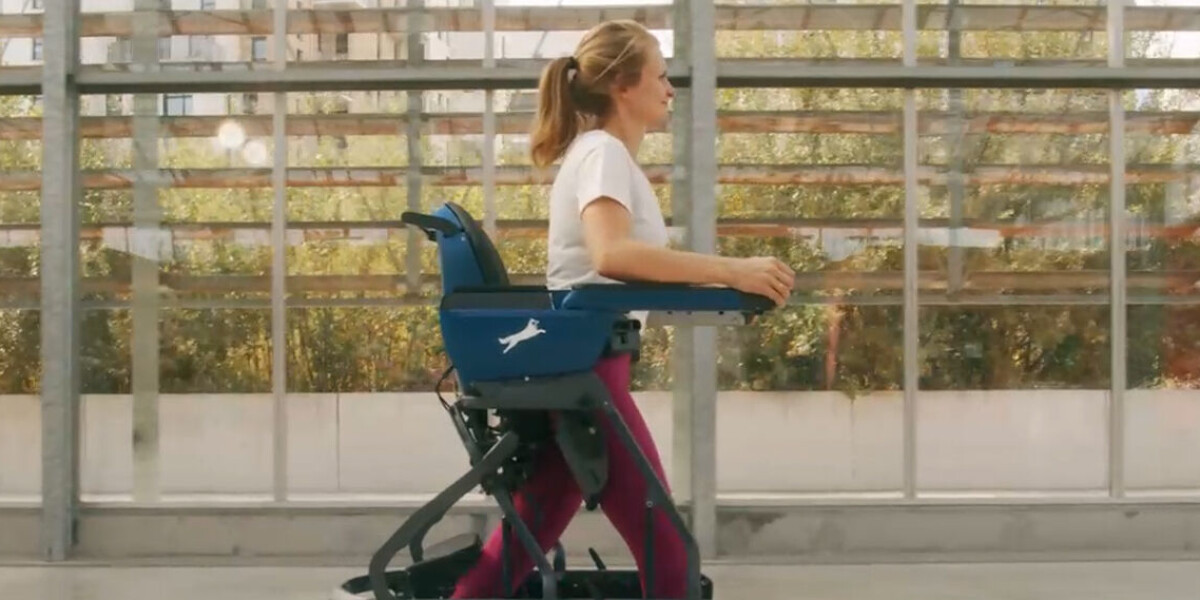
- Select a language for the TTS:
- UK English Female
- UK English Male
- US English Female
- US English Male
- Australian Female
- Australian Male
- Language selected: (auto detect) - EN
Play all audios:
Veterans in the Phoenix VA Music Therapy Program received a gift of guitars at the Carl T. Hayden VA Medical Center Feb. 21. They very next day, they were in the hands of Veterans providing
mental, emotional, and physical therapy, as well as more than a little bit of fun. Stephen Bradford and Karen Lopez with Instruments 4 Success partnered with Pat Little-Upah with Veterans
First Ltd., to donate 12 acoustic guitars, which were accepted by Tim McAlee, Creative Arts Therapist, and Penny Craft, Voluntary Service Specialist. “I’m a severely broken Veteran myself,
so it helps me to watch the smiles and see other Veterans transformed.” Stephen Bradford. “As part of music therapy programming, the guitar skills group has overall goals of in creating
social opportunities and creating community through shared musical experiences, as well as increasing coping skills for managing PTSD and fostering new creative outlets for processing and
expressing emotions,” said McAlee. See More Photos Using music as part of a therapeutic process involves setting non-musical goals with the Veterans who are patients here, according to
McAlee. The group isn’t about learning to play a music instrument, but rather it is an opportunity to use newly learned music skills to reach non-musical objectives. Throughout the course of
the sessions, music therapy methods are introduced and Veterans are encouraged to participate in setting their individual therapeutic goals and report progress. “Music therapy has actually
been shown to reconnect neural pathways for traumatic brain injuries,” said Bradford. “For me, it actually healed my brain. I was that guy, and Tim was one of my instructors 12 years ago. I
met another guy who is my best buddy, and now we play out here for VetsGiving every year. So, yeah, music heals.” These dozen guitars were being used to heal Veterans the very next day after
they were donated. Music Therapy as a profession originated in large part within VA hospitals, where volunteer musicians, under supervision of hospital staff, would play bedside for
Veterans after WWII. Leaders in the VA were responsible for establishing accredited training programs and certifications and creating the field of Music Therapy. Many Veterans have
challenges with learning traditional techniques for applying the guitar, whether due to physical injuries or cognitive challenges, such as rehabilitation following a stroke of other
traumatic brain injury. “As a music therapist, I will use adaptive approaches, modified tunings, or assistive devices to help an individual participate and create music – many of these
things a music educator or traditional guitar instructor would consider cheating,’” said McAlee. Several Veterans in the group shared that they enjoy spending time with other Veterans in
the group, learning new skills, and learning new ways to express emotions. Others said that practicing a simple strumming pattern or melodic phrase repeatedly is a form of mindfulness
meditation; a way to focus on the present moment and take their mind off daily life stressors, feelings about the past or anxiety about the future. Veterans interested in signing up to be a
part of this or any other recreation therapy program should contact their Primary Care Provider and request a recreation therapy consult.








